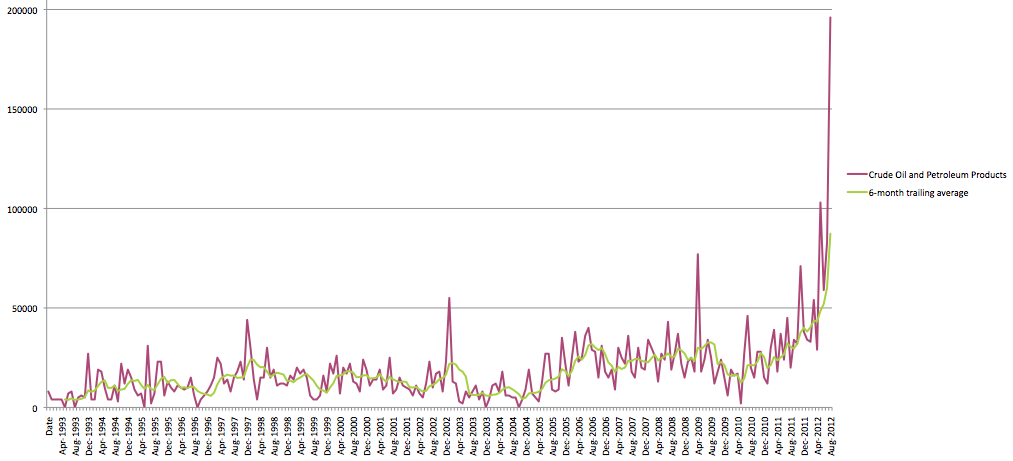Michael Gerson has an opinion piece that begins by attacking Nate Silver and ends by attacking political science. The thrust of his argument is that trying to be exact is a bad thing, and his way of arguing makes virtually no sense.
Politics can be studied by methods informed by science. But it remains a division of the humanities. It is mainly the realm of ethics — the study of justice, human nature, moral philosophy and the common good. Those who emphasize “objective” political facts at the expense of “subjective” values have strained out the soul and significance of politics. It is an approach, in the words of G.K. Chesterton, “that stores the sand and lets the gold go free.”
Over the past decade, there has been a revolt among political scientists against a mathematical methodology that excludes substantive political debates about justice and equality. A similar revolution is increasingly needed in political commentary. The problem with the current fashion for polls and statistics is that it changes what it purports to study. Instead of making political analysis more “objective,” it has driven the entire political class — pundits, reporters, campaigns, the public — toward an obsessive emphasis on data and technique. Quantification has also resulted in miniaturization. In politics, unlike physics, you can only measure what matters least.
And so, at the election’s close, we talk of Silver’s statistical model and the likely turnout in Cuyahoga County, Ohio, and relatively little about poverty, social mobility or unsustainable debt. The nearer this campaign has come to its end, the more devoid of substance it has become. This is not the advance of scientific rigor. It is a sad and sterile emptiness at the heart of a noble enterprise.
Lots of things wrong here. Departments of politics, or political science, or government, of whatever they are called, are not humanities. I consider myself a social scientist, not because I fetishize the natural sciences, but because I am interested in understanding causal relationships that explain political behavior (for example, why Latin American militaries react to civilians in particular ways) and formulating hypotheses about that behavior as clearly as I can with empirical foundations. For that I need to root out lots of the objective facts that Gerson finds distasteful. Those facts may be datasets on voting behavior, for example, but they may also be found in close scrutiny of case studies or derived from examining the content of laws or speeches. As a speechwriter, Gerson is especially dismissive of the latter, in a way that I think mirrors the annoyance baseball players have with
sabermetrics.
Another problem is that while there is definitely a debate within political science about the relative merits of different methodologies, it is not fair to claim that those who use quantitative methodologies have no interest in justice or equality. I have colleagues publishing really interesting quantitative work that seeks to find more precise ways of understanding why justice or equality are evident or not.
And yes, it's true that Nate Silver doesn't say much about poverty or other issues. But why should he? One critical methodological challenge is making sure you're accurately measuring what you want to measure. Silver wants to know who people will vote for, not whether they are poor, or why they're poor. It's not up to us to determine what he studies. He is definitely not, as Gerson asserts, responsible for politicians' proclivity to gloss over difficult issues like poverty. Incidentally, many political scientists do research on poverty so it's not accurate to say that quantification is decreasing interest in the topic.
If Silver's analysis changes people's opinions--"
The problem with the current fashion for polls and statistics is that it changes what it purports to study"--I am not sure I should blame him for that. If anything, the attacks on him are making him more visible and therefore more influential. Nonetheless, I have yet to see any evidence that someone who reads his
New York Times articles are more or less likely to vote as a result. What he does is give probabilities. If you are too weak-minded to vote simply because you take probability as certainty, then I am not going to blame Nate Silver for that.
Read more...

